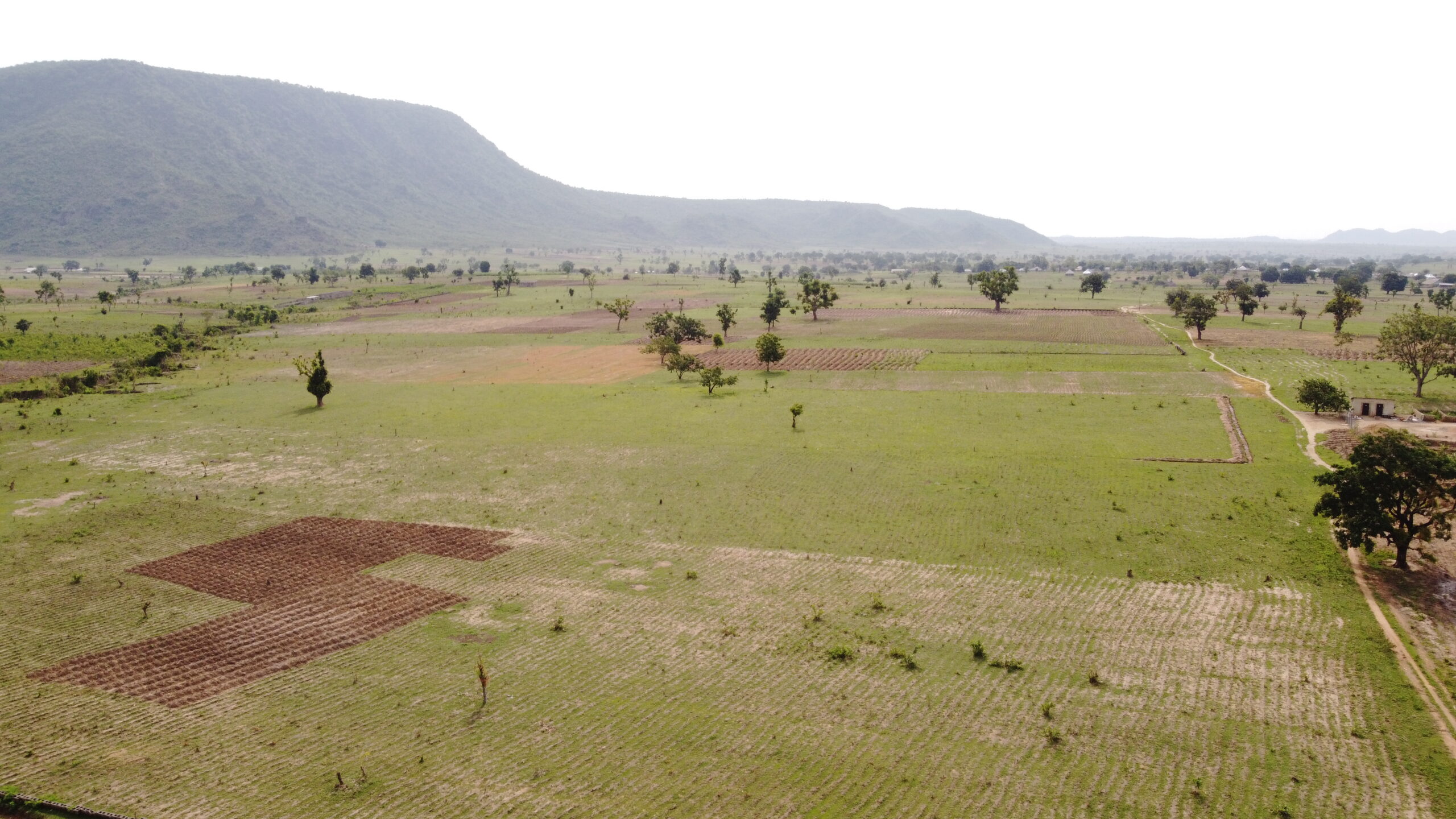
DCIM962MEDIADJI_0185.JPG
Recently, the new FCT Minister, Nyesom Wike, has warned that any building without a certificate of occupancy, otherwise known as C-of-O would be demolished.
However, IDOMA VOICE findings have shown that over 6,000 houses within the FCT would be affected.
Areas to be affected include: Garki, Kubwa, Nyanya, Karshi, Lugbe, Idu, among others.
To avoid your house from being demolished, here are step you can take to get C-of-O for your land in Abuja.
Getting a Certificate of Occupancy (C-of-O) for your land in Abuja, Nigeria involves several steps. The process might vary depending on specific circumstances and changes in regulations, but generally, here are the steps you would typically follow:
Land Verification: Ensure that the land in question is authentic, not subject to any legal disputes, and has proper ownership documentation. This might involve engaging a legal professional or land surveyor to verify the land’s status.
Title Search and Due Diligence: Conduct a thorough title search to verify the ownership history and legal status of the land. This step helps identify any encumbrances, mortgages, or disputes that need to be resolved before obtaining a C-of-O.
Engage a Legal Practitioner: It’s advisable to engage a legal practitioner experienced in land matters to guide you through the process. They can help ensure that all legal requirements are met and handle documentation.
Application Submission: Prepare and submit an application for a Certificate of Occupancy to the appropriate government agency. In Abuja, the Federal Capital Territory Administration (FCTA) is responsible for land matters. The application form and required documents can usually be obtained from the FCTA office.
Document Submission: Along with the application form, you will need to submit various documents, which may include:
Processing and Verification: The FCTA will review your application and conduct necessary verifications. This might involve physical inspections of the land and its documentation.
Payment of Statutory Fees: You will be required to pay certain fees and charges, including application fees and processing fees. The amount may vary depending on factors like land size and location.
Site Inspection: Representatives from the FCTA or related agencies may conduct an on-site inspection of the land to verify the information provided in the application.
Publication of Notice: In some cases, a notice about your application might be published in local newspapers to allow for public objections or claims against the land.
Approval and Issuance of C-of-O: If your application is successful and all verifications are cleared, the FCTA will approve the application and issue the Certificate of Occupancy. This document officially recognizes you as the legal occupant and owner of the land.
Stamping and Registration: You will need to stamp and register the Certificate of Occupancy at the appropriate government agency. This step further solidifies your ownership rights.
Collection of C-of-O: Once stamped and registered, you c
Rice, a staple for Christmas celebrations in Nigeria, has become a luxury this year. Soaring…
Panic erupted on Saturday at a concert in Lagos when the stage collapsed during Odumodublvck’s…
The Federal Government of Nigeria has allocated ₦6,364,181,224 billion for the refurbishment and rehabilitation of…
The black market dollar to naira exchange rate for today, 22nd December 2024, can be…
The Nigerian National Petroleum Company Limited (NNPCL) has refuted claims that the 60,000 barrels per…
Manchester City finds itself in unprecedented turmoil, with relegation-level form showing little sign of improvement.…